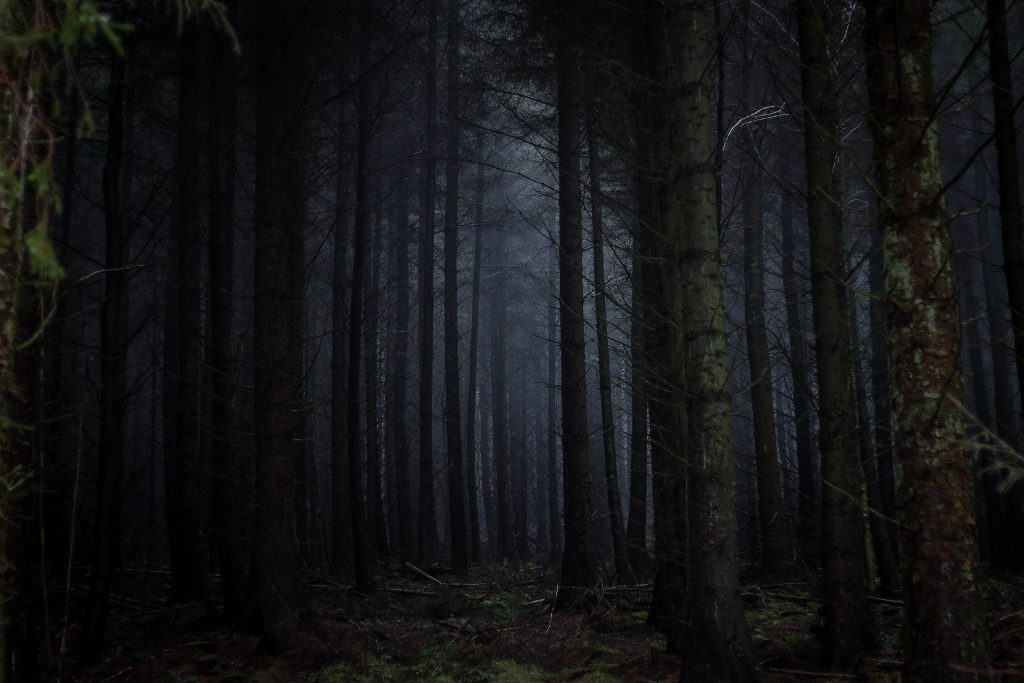
Yancey Strickler, cofounder of Kickstarter, has written an interesting piece on Medium about how the Internet is becoming segmented into different channels primarily out of people’s desire to feel safer to express themselves honestly while being free from the barrage of advertising and tracking. I can relate to much of what he says there.
I went dark on the internet a few years ago. I took social apps off my phone, unfollowed everyone, the whole shebang. This was without a doubt a good decision. I’ve been happier and have had better control over my time since. Many others have done this and are doing this. A generation of modern wannabe monks.
I haven’t been off for years – a little over a year maybe – and it does start to feel monk-ish. It’s been an interesting experiment, especially when you run into people in real life who are still on various platforms and didn’t even realize you’ve checked out. There’s sometimes an awkward back and forth when you try and figure out what to talk about when they discover that you’re not up to date with everything they’ve been seeing daily in their feed.
But even as my personal wellness grows, I see a risk in this change.
You could argue that these decisions removed me from the arena. I detached from the mainstream of conversation. I stopped watching TV. I stopped looking at Facebook and Twitter. I silenced my voice on the platforms where the conversation was happening because of the strings, risks, and side effects they created in return.
This detachment wasn’t just in politics. It was also true of how I shared my personal life. Milestones for me and my family were left unshared beyond our internet dark forests, even though many more friends and members of our families would’ve been happy to hear about them.
While I too feel the sense of better overall ‘wellness’, I don’t know that I feel or see the same associated risks. One thing I do think could become – or possibly already is – a problem is that people become continually more ‘siloed’ in their respective ‘dark forests’ and channels, leading to increased polarization – if that’s even possible. In much the same way algorithms are currently gaming people to reinforce biases or think certain ways, if they get comfortable only with the viewpoints found within the familiarity of their own ‘dark forests’, could it become even harder to see and or consider other viewpoints?
It’s possible, I suppose, that a shift away from the mainstream internet and into the dark forests could permanently limit the mainstream’s influence. It could delegitimize it. In some ways that’s the story of the internet’s effect on broadcast television. But we forget how powerful television still is. And those of us building dark forests risk underestimating how powerful the mainstream channels will continue to be, and how minor our havens are compared to their immensity.
I think there’s a giant hole waiting to be filled by whomever can figure out how to optimize the social aspects of the internet for the good of humans instead of the corporations – pretty much everything Douglas Rushkoff has been talking about with his Team Human project. Like the impending crisis of climate change though, it will take wholesale changes on a massive scale by businesses – and possibly even government involvement – to change the direction and business models towards the interests of the users vs. treating them as product – a huge ethical leap to take.
I myself haven’t been hanging out in many ‘Internet Dark Forests’ – save maybe listening to more podcasts – something that Strickler mentions as an emerging channel for people to cloister themselves within online. Aside from my posts here and selective reading, I’ve been staying away from screens altogether and trying get out more into the literal ‘forests’ of both green and humanity to rediscover and experience what is there.
Strickler’s article and conclusions are thought-provoking though, and clearly highlight the direction things are going. It will be interesting to see how it all plays out, especially if the ‘side channels’ become prevalent enough that advertisers and corporations no longer feel they’re getting their bang-for-the-buck from the mainstream firehose of the Internet.
